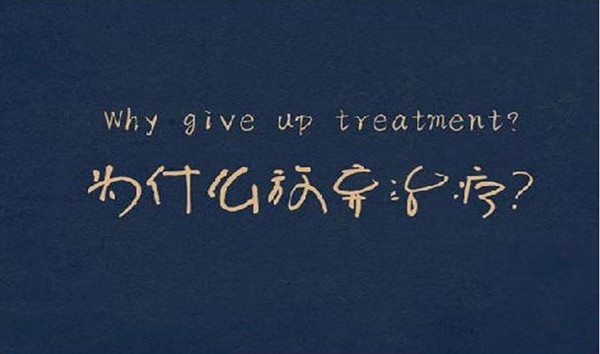China's State Administration of Radio, Film and Television (SARFT) has posted a notice that effectively bans the use of Internet slang and non-standardized Chinese on media programs and advertisements.
As observed by the watchdog agency, the use of the Chinese language in media and advertisements is deviating from the norm and apparently no longer comply with National Common Language Law of the People's Republic of China and the Regulations on Broadcasting.
Characters in terms and proverbs are often seen interchanged with similar-sounding ones to create different meanings. These types of slang are often popularized through the Internet. They could pose a risk to the essence of traditional Chinese culture. Such phenomenon, which may mislead the public, especially the youth, must be rectified, the agency said.
Accordingly, radio and television broadcasting institutions are now instructed by SARFT to inspect the subtitles, images and voice-overs in their respective programs thoroughly. Content found not complying with the norms of the Chinese language will not be approved for broadcast in the future.
The use of words, terms and proverbs and other phrases on media programs and advertisements, according to the SARFT directive, must at all times follow standardized rules in the Chinese language. Arbitrary changes to characters, structures and meanings of Chinese terms, addition of Internet slang or foreign language in existing Chinese proverbs, and the mimicking of Chinese proverbs using Internet slang or similar-sounding characters will be prohibited.
Reacting to the SARFT directive, Huang Anjing, executive editor of Yaowen-Jiaozi, a magazine that specializes in correcting typos and misuse of words by artists and writers, told China Daily: "It is necessary to impose some rules on these terms. But it is also true that this slang enriched our lives. Some are very innovative, proactive and meaningful."
Chen Zhongyi, director of the Institute of Foreign Literature at the Chinese Academy of Social Sciences, for his part, concurred with SARFT, saying: "We must realize the importance of language, and regulatory departments need to realize this, too. We cannot let actions that hurt language become 'fashionable.' Language is the cornerstone of culture, and our language is facing a big challenge. It is hybridizing and vulgarizing. If we lose language, we will also lose tradition."
Wang Xiaoyu, a former dean of the School of Mass Media at Huadong Normal University, on the other hand, opined: "Advertising is a form of art, so play on words should be allowed. We must protect our language, but we don't necessarily have to use a stiff and over-conservative attitude to limit and deny the evolution of language."



























